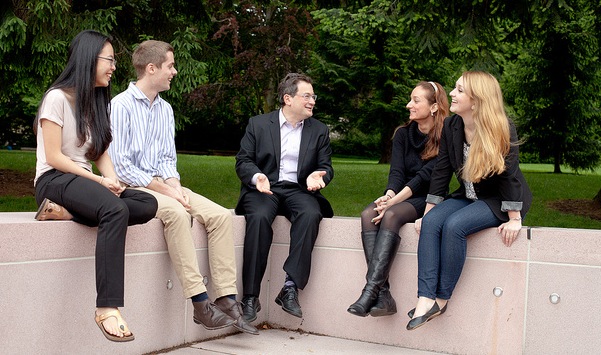
Dr. Noam Pianko with Jewish Studies Student Committee at the University of Washington
By Noam Pianko
For years, the syllabus of my Introduction to Judaism course began: “This class explores the question: What is Judaism?”
After rethinking the course this past summer, the syllabus now begins:
Pause for a moment to consider these big human questions:
- What stories do we tell?
- What has power over s?
- For whom are we responsible?
My previous syllabus organized content around the chronological presentation of evolving expressions of Judaism. Inspired by the Ask Big Questions Project, the new Introduction to Judaism syllabus asks students to consider fundamental questions they face as individuals and members of larger communities as the lens for studying Judaism.
While I still plan to cover much of the same content covered in previous years, my primary object now is to impart the idea that Judaism is a religious tradition that grapples with enduring human issues. Students who come looking for what Judaism teaches should leave the course appreciating that asking questions defines Judaism as much as insisting on answers.
I selected these particular questions because they trigger conversations related to the three main sections in the course: foundational narratives of Judaism, authority and obligation, and community/collectivity in the Jewish tradition. In each of the three sections, I ask students to consider the framing question to gain a personal perspective on the Jewish theme we will discuss. I also assign havruta (discussion) groups of 2-3 students for the entire quarter so that the theoretical idea of asking questions also takes place in practice during each class period.
Why use big questions in Introduction to Judaism?
1) More relevant to students – Many of the students in my courses, especially as I try to increase enrollment by making the course count for a variety of university requirements, do not register because of the topic or professor. This reality forced me to rethink my initial starting assumption that students are interested in “what is Judaism.” My first task as a professor is to explain the relevance of the topic in a way that will appeal to both those who are in the class because of the time of day and those with a long-standing interest, and even background, in Judaism. Questions about personal narratives, power and responsibility create an open playing field that speaks to diverse students and, hopefully, offers the Jewish tradition as a relevant conversation partner.
2) Better learning outcomes – Asking students to answer key questions in a personal way creates an active learning environment that sparks conversation among students and opens up class discussions. So far, I have found that posing big questions to undergraduates generates much broader participation than focusing first and foremost on the material found in reading in lectures. And breaking the ice with big questions that don’t have right or wrong answers has translated to far more class participation when we do discuss course material.
3) New curricular possibilities – Jewish studies curricula face major challenges in big public universities — our classes tend to be smaller, most of our faculty appointments are not controlled by our program, and there is a push for more integrative curriculum to maximize resources. How do we adapt to these new facts?
Reframing this course gives me an opportunity to consider one possible new direction. In the past, I have seen my primary goal as teaching content about Judaism. This course shifts the role of Jewish studies toward providing a set of entry points to universal questions and concerns through the lens of global Jewish experiences. Perhaps this shift can expand student interest, build broader campus partnerships, and ultimately, develop more effective ways of teaching Jewish studies.

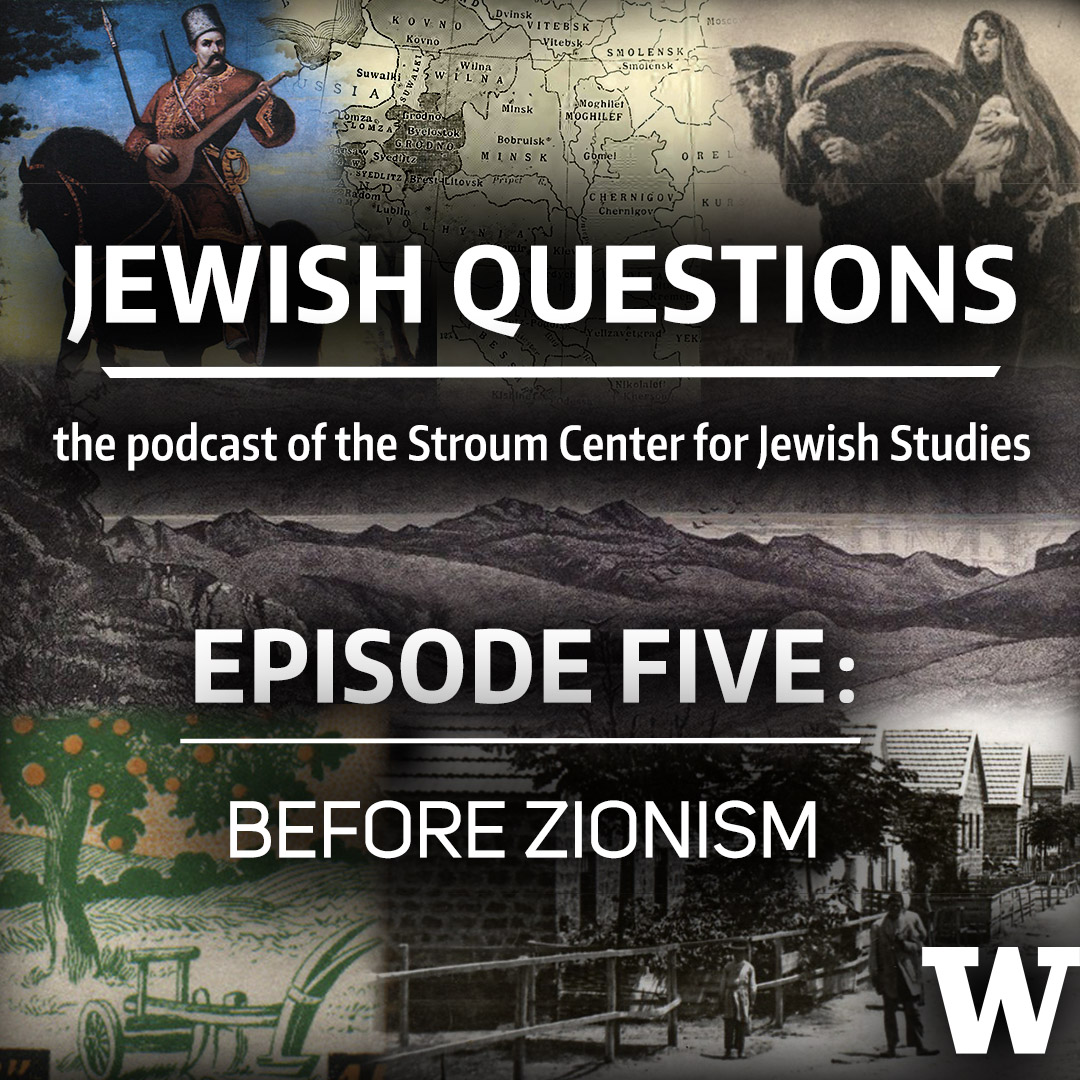
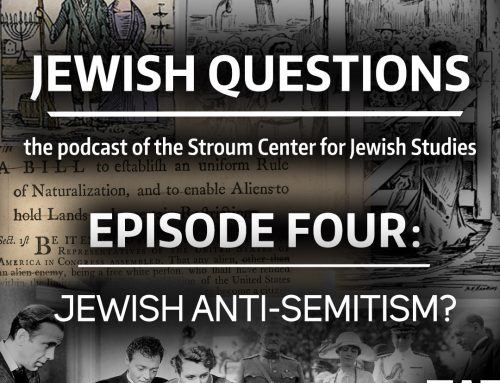
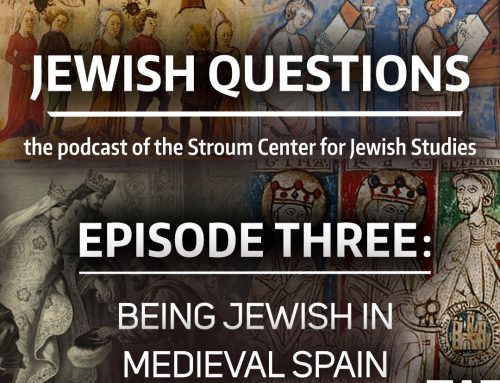
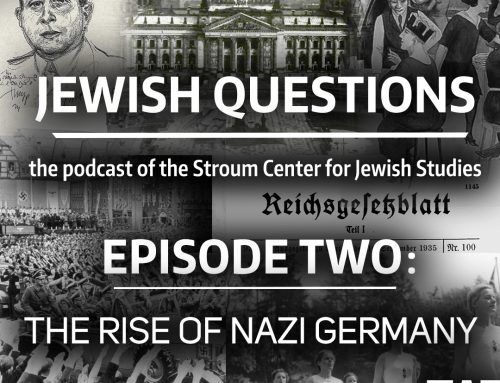
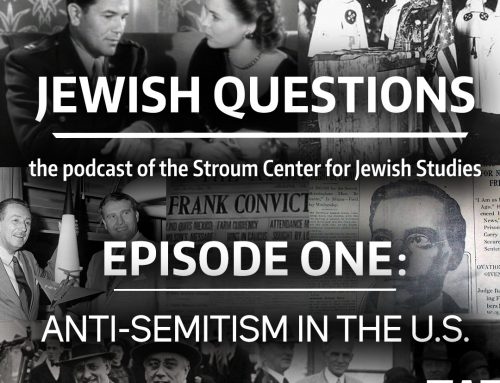
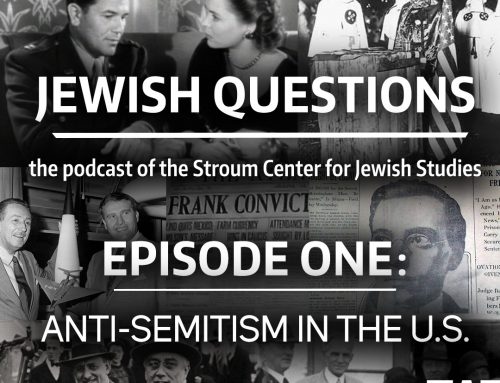
Leave A Comment